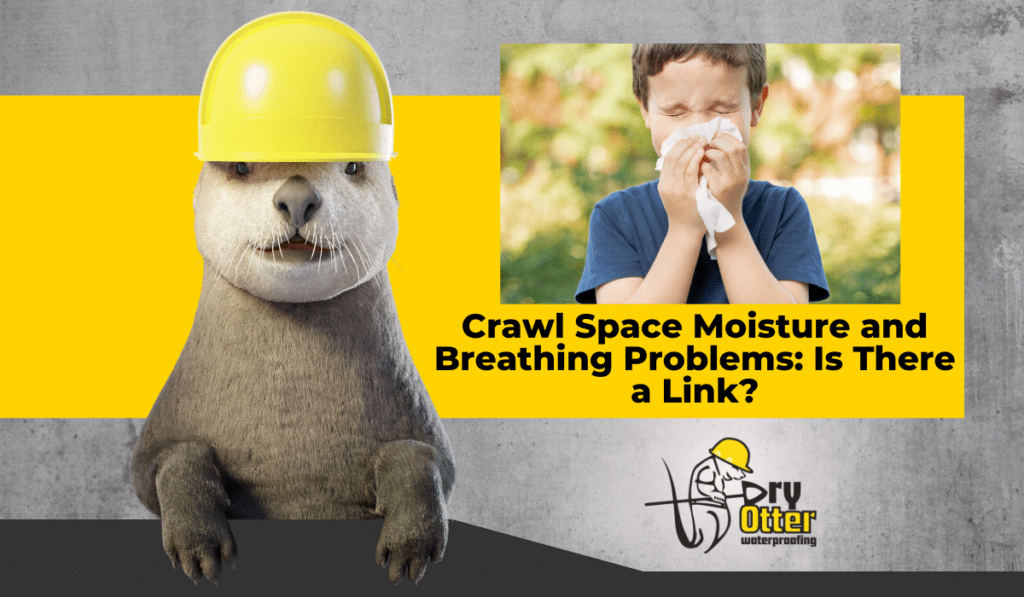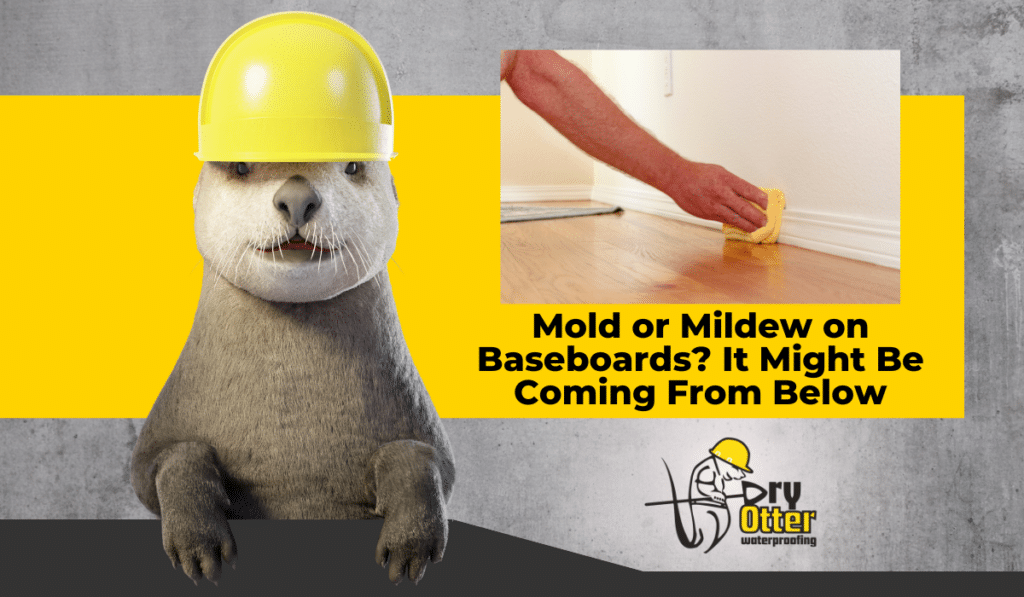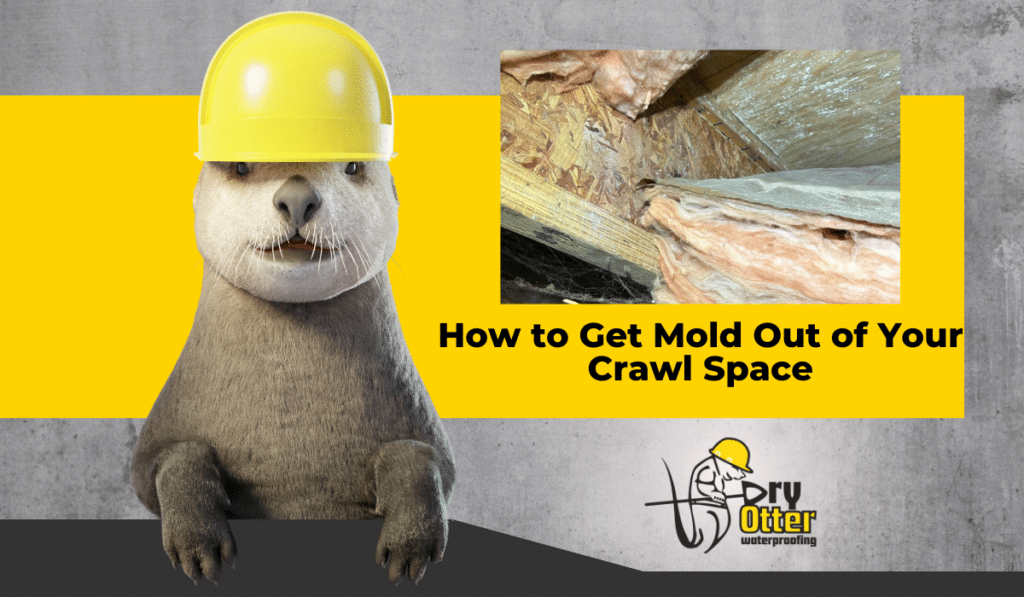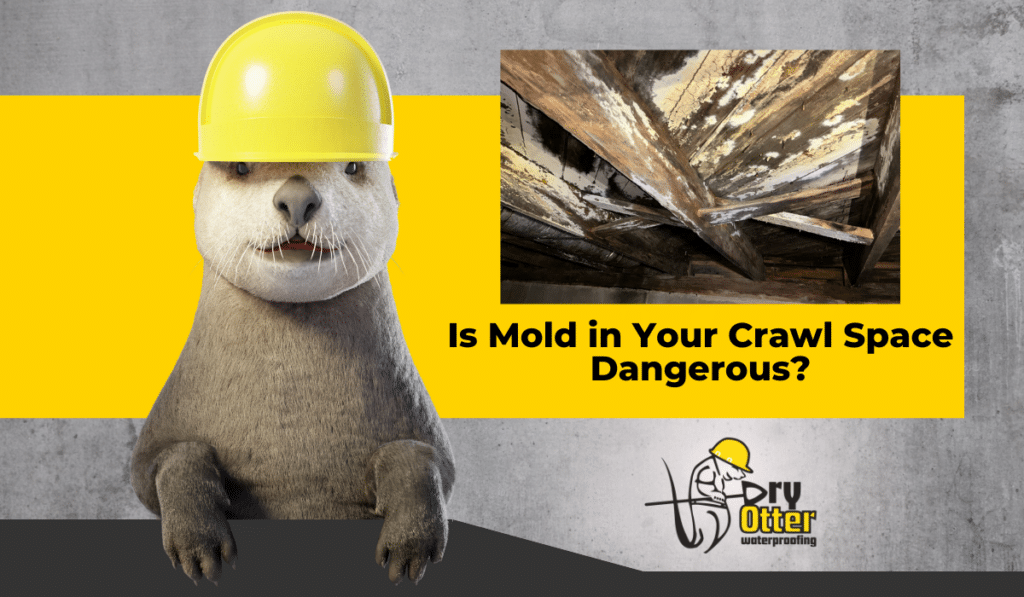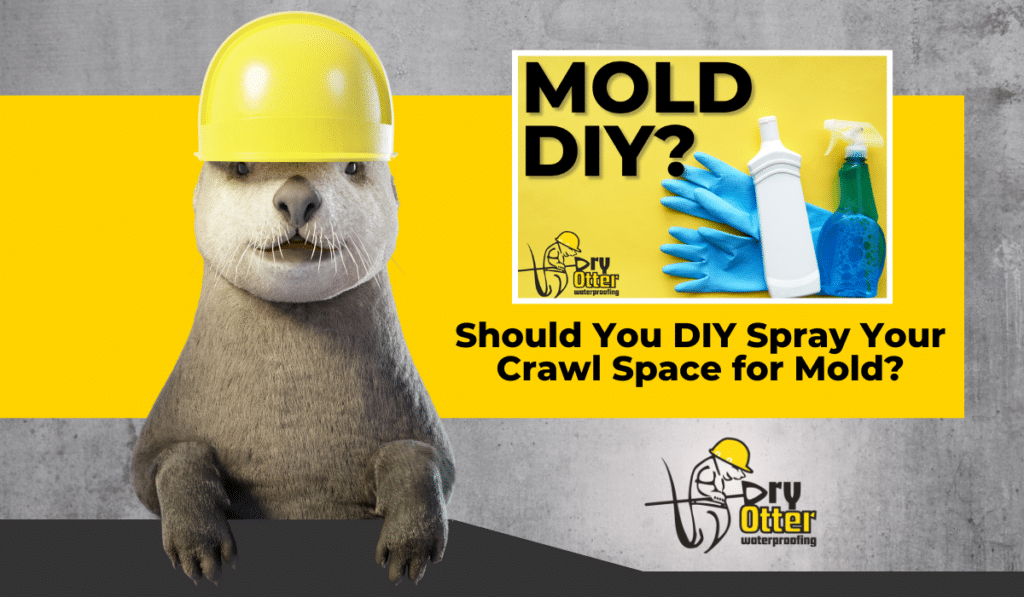Building a home comes with many decisions, but one of the most important is whether to choose a crawl space vs basement design for your foundation. Your preferred type affects your home’s structure, comfort, and cost.
Understanding Crawl Spaces and Basements
Crawl Space
A crawl space is a shallow, unfinished space beneath the first floor of your home or building.
They are called crawl spaces because they are low; access is usually by crawling. Typical heights range from 18 inches to 3 feet.
A crawl space is used to access utilities such as plumbing, electrical, and HVAC. They offer limited storage for things you don’t use often, but the height of the space limits storage capability.
Benefits
Crawl spaces are cost-effective, easier to construct, and suitable for certain climates. They are designed to allow for room to repair plumbing and other utilities.
Limitations
Crawl space vs basement: Crawl spaces need to be adequately ventilated, have limited storage capabilities, are susceptible to moisture issues, and are more challenging to access. Temperature control can also be an issue.
Basement
Basements are fully or partially enclosed spaces below ground level, offering more headroom and usable space.
The walls, floor, and ceiling create a fully enclosed space that can be finished or unfinished.
Basements provide additional living space, storage, and a safe place for your home’s utilities.
Benefits
Basements increase the usable square footage of your home. They provide better temperature control, a solid foundation, and shelter during extreme weather events.
Limitations
When considering basement vs crawl space cost, basements are more expensive to build because they require more excavation and foundation work. They should also be adequately waterproofed to avoid moisture issues, and with their limited natural light, a basement can be dark.
Cost Comparisons
Basement vs crawl space cost: what to consider? Your geographic location, size of your home, and soil type matter.
The decision to build a crawl space vs basement will significantly impact your home’s functionality, and your wallet.
Installation costs:
Crawl space: Crawl space construction is approximately $13.00 per square foot. They require less excavation and are less complicated to build. *This is only an estimate; labor rates vary depending on location.
Basement: A basement typically costs $33.00 per square foot. The higher cost is due to the additional excavation required, foundation work, waterproofing materials, walls, and floor. *Also subject to labor rates.
Maintenance costs:
Crawl space: Regular inspections for moisture problems, pest control, and proper ventilation are necessary.
If your crawl space needs repair, it is likely due to improper drainage, moisture damage, or wood joist damage. Any of these issues can result in problems with your foundation.
Water damage and mold can be costly, so regular crawl space inspections are highly recommended.
Basement: Regular inspections for leaks, improper drainage, or ventilation issues are essential. Over time, waterproofing membranes or coatings may require reapplication.
General Factors-Crawl space vs basement:
- Geographic location: Construction cost varies by location. Some areas have higher labor rates and stricter building codes, which drive up costs.
- Soil type: Rocky or wet soil conditions can significantly increase excavation costs. This is especially true for basements.
- House size: The larger the home, the bigger the basement or crawl, which drives up cost.
Pros and Cons of each
Crawl spaces offer a more affordable foundation option suitable for many soil conditions. However, limitations like lack of usable space, difficulty to access, and potential moisture issues are all drawbacks.
Basements are a valuable way to expand your living space and functionality. However, they can be costly and need to be correctly waterproofed to protect your home from water damage.
For increased home value, more usable space, better temperature regulation, and a more stable foundation, a basement is a great choice.
If budget is an issue, a crawl space is less expensive but requires proper ventilation, insulation, and moisture control to keep your home safe.
Making the right decision for your home
For an educated decision, ask yourself the following questions:
- Do you need more living space? If yes, choose a basement.
- Accessibility: How important is easy access to plumbing, electrical, and HVAC systems?
- Temperature: In hot climates, basements offer natural insulation and cooler temperatures, while crawl spaces need more ventilation to avoid moisture problems.
- Rainfall: In humid climates, crawl spaces are susceptible to expensive moisture issues.
- Budget: Crawl spaces may be cheaper, but over the long term, basements add much more value to your home.
The professionals at Dry Otter Waterproofing have the knowledge and expertise to help you maintain either one you choose.
Always do your research and consult with the experts before making such an important decision.
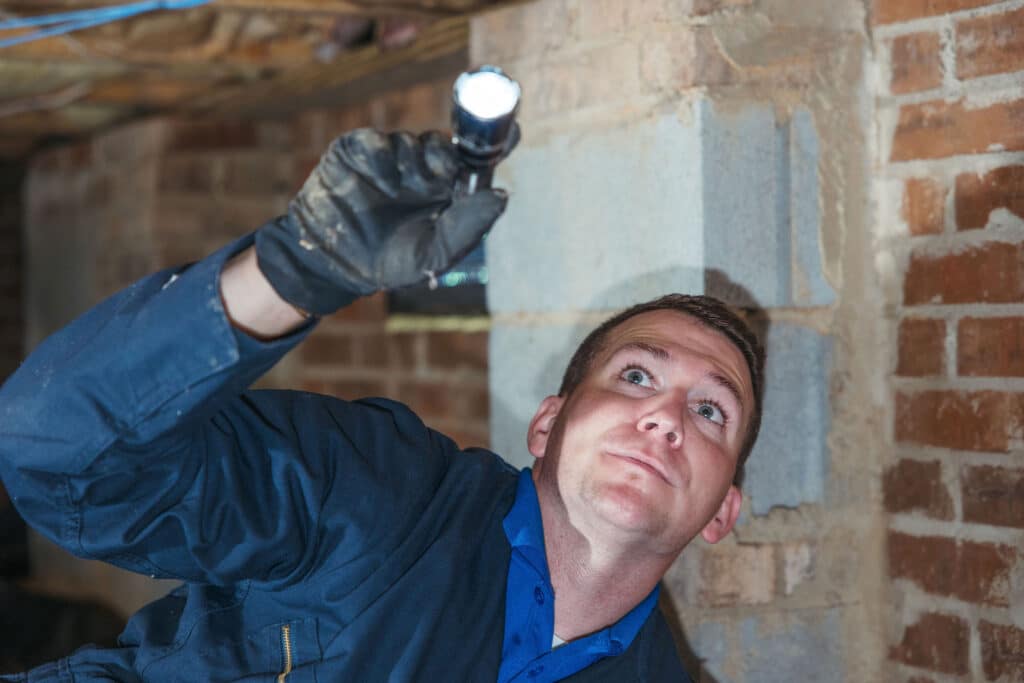
Dry Otter Waterproofing offers free home inspections. We offer expert waterproofing services, maintenance, and repair. Simple, easy, and affordable. Cause, “You Otter Get Dry”


